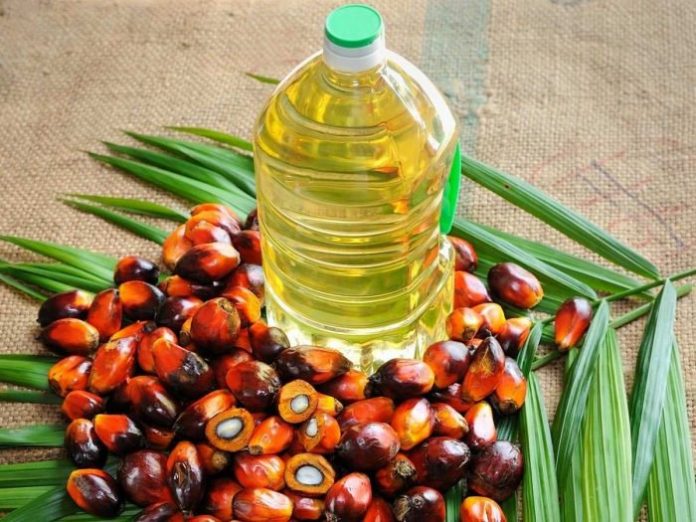ISLAMABAD – After sugar, Pakistani consumers are now facing unjustified profiteering in the edible oil market, as prices continue to rise locally despite a sharp decline in global rates.
According to official documents and insider sources, international palm oil prices have dropped by 24% since December 2024, yet local edible oil prices have risen by 4.5% during the same period. In some cases, consumers are paying up to Rs 150 more per litre, further straining household budgets amid inflationary pressures.
The Ministry of Industries and Production has now moved to address this anomaly and has submitted a summary to the Economic Coordination Committee (ECC), requesting immediate intervention to ensure that global price benefits are passed on to consumers.
The ECC is expected to review the matter in its upcoming meeting scheduled for Friday, and may take policy action accordingly.
It is relevant to note that this is not the first time the issue has been flagged. Back in February 2025, Prime Minister Shehbaz Sharif, in his capacity as Minister-in-Charge for Industries and Production, issued clear instructions to relevant ministries to ensure relief reaches the public amid falling global commodity prices. However, despite those directives and multiple consultation sessions, no concrete relief has materialized for edible oil consumers.
Documents available with Profit confirm that the ministry held two rounds of discussions with the Pakistan Vanaspati Manufacturers Association (PVMA)—on April 23 and May 23, 2025—to understand the pricing mechanisms and bottlenecks. The Ministry also analyzed data from the Pakistan Bureau of Statistics, Federal Board of Revenue, and the Ministry of National Food Security and Research, yet the local price trajectory remained upward.
Industry sources claimed that the continued price hike in the face of a 24% global drop in palm oil rates has reflected the potential systemic inefficiencies and profiteering in the local supply chain.
“The price disparity is unjustifiable. It indicates either weak enforcement or deliberate manipulation at some stage between import and retail,” an industry source remarked.
This alarming disconnect has raised serious concerns over regulatory oversight, market manipulation, and failure to pass on global relief to the masses, they added.
It is also learnt from the available documents that a detailed presentation on the situation has now been finalised and will be presented before the next ECC scheduled to be held on Friday. The Prime Minister has already reviewed and approved the summary for submission.
Sources said that the ECC’s response will be a test case for the government’s seriousness in tackling exploitative pricing practices and restoring consumer trust. If no action is taken, it may further erode public confidence in regulatory institutions and the government’s ability to curb inflationary pressures, they added.
It is pertinent to mention that the public, already burdened by skyrocketing food and utility costs, now waits for a clear policy response that translates into real, measurable relief at the checkout counter.




